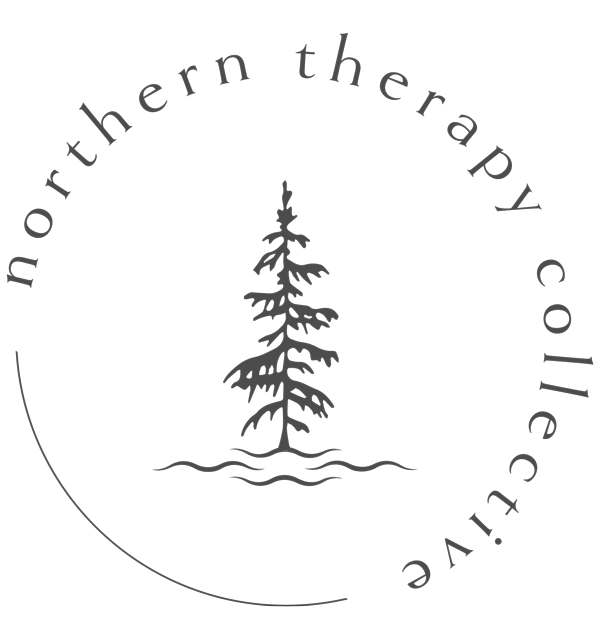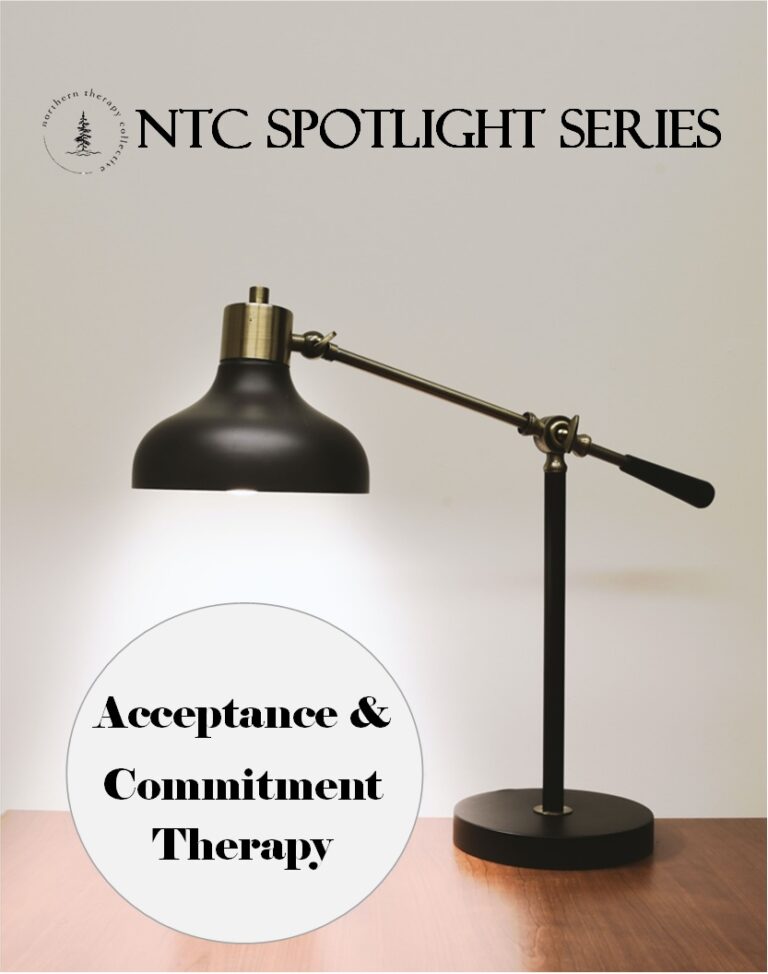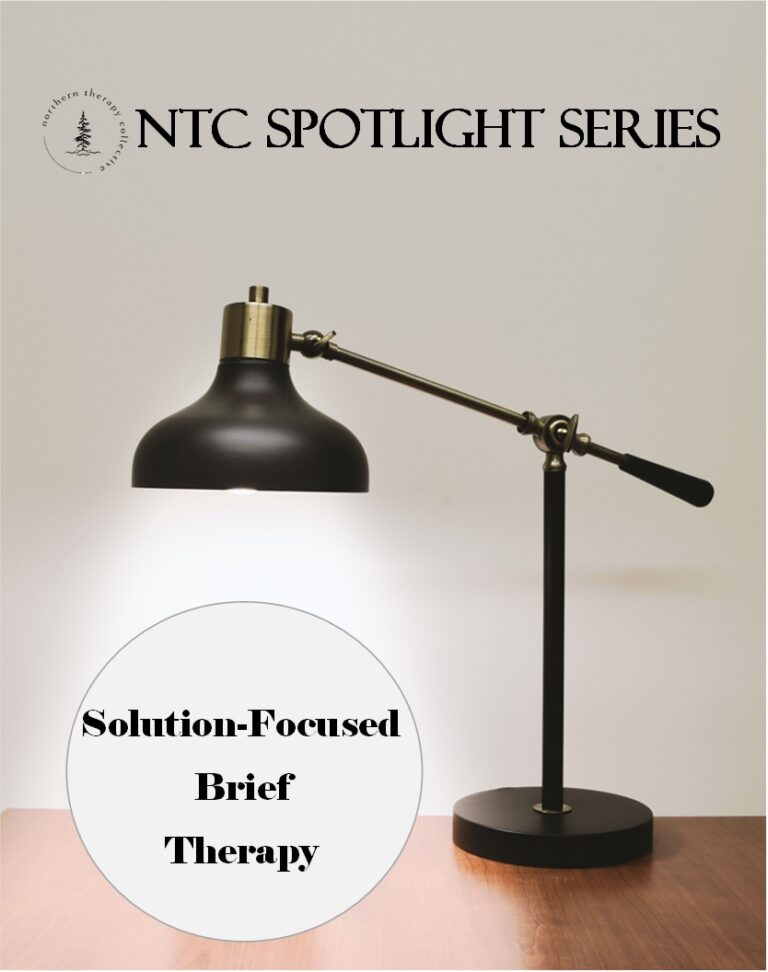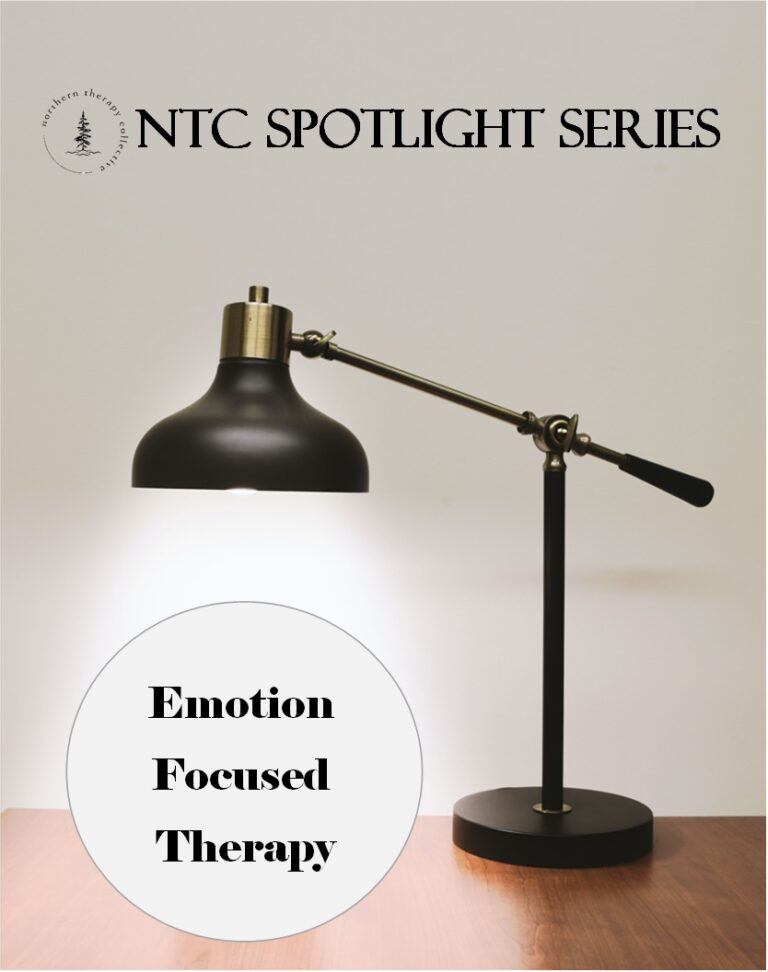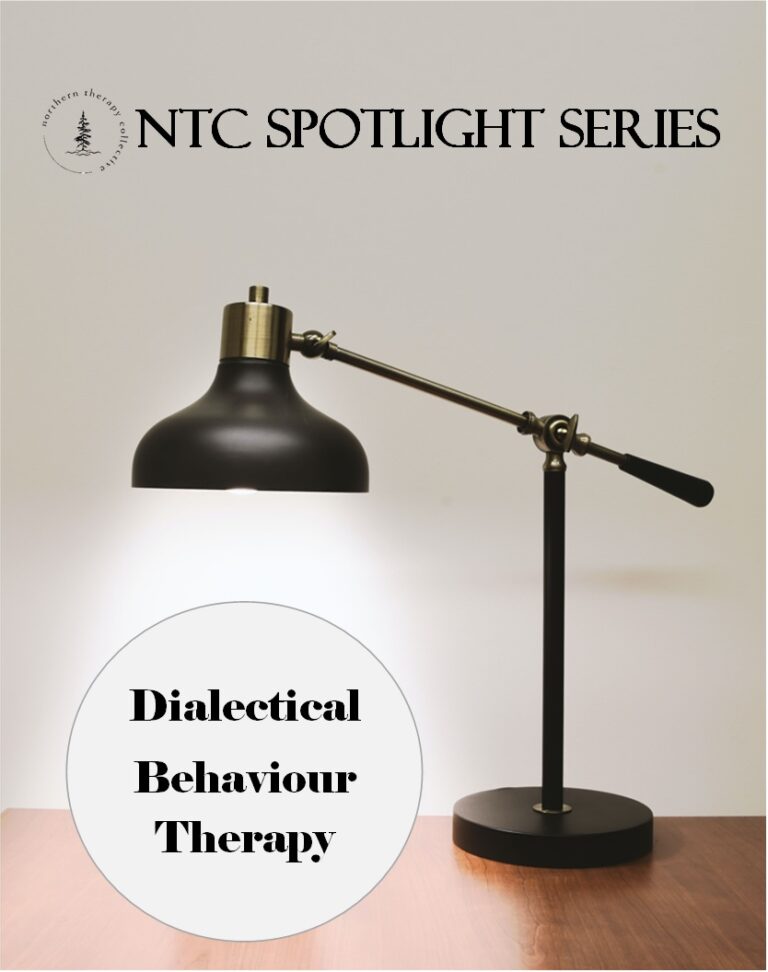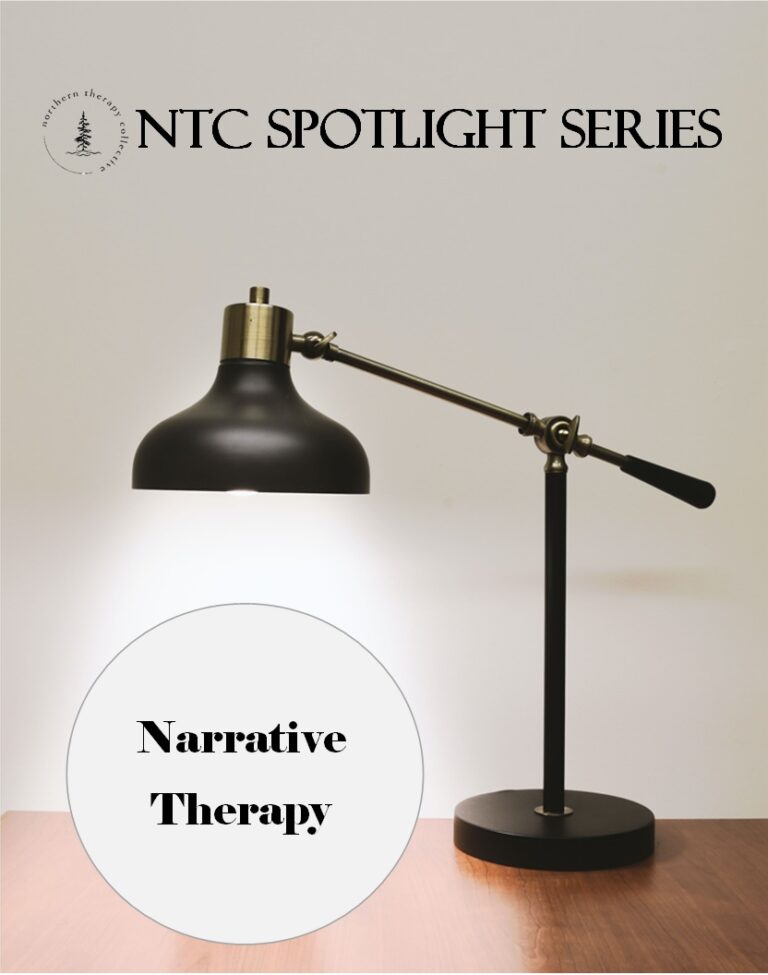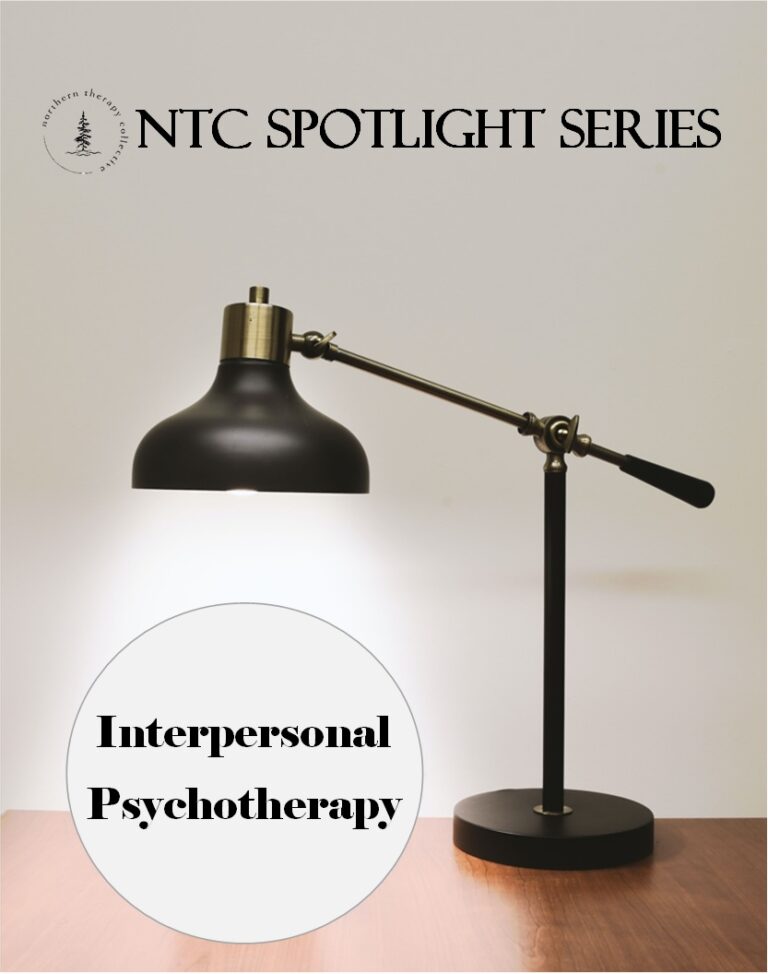Are All Therapies the Same? (And if not, what’s the difference?)
If you’re not someone who is well-versed in the world of counselling and therapy (or even if you are) you may have often wondered: what makes one kind of therapy different from another? Are they all pretty much the same? Will they all get me where I need to go? Does it even matter?!
Well, the answer to these questions is yes… and no.
Generally speaking, there are certain therapeutic approaches that are universally considered to be more reliable and effective than others. These are sometimes referred to as the “evidence-based” therapies (meaning: therapies that have been scientifically “vetted” to ensure a relatively high success rate in the majority of populations). Evidence-based approaches include, but are not limited to: cognitive-behavioral therapy (CBT), dialectical behavior therapy (DBT), acceptance and commitment therapy (ACT), interpersonal therapy (IPT), solution-focused brief therapy (SFBT), narrative therapy, and emotion-focused therapy (EFT).

These approaches are often held in contrast to other therapeutic strategies such as: psychoanalysis (aka Freudian therapy; largely focused on uncovering unconscious motivations, often rooted in childhood), humanistic therapy (aka person-centred therapy; largely focused on maximizing one’s potential and viewing the client as the expert), and existential therapy (focusing on free-will and the search for meaning), to name just a few. Now, at this point, you might be thinking to yourself “some of that stuff actually sounds pretty good!” – and you’re not wrong. Lots of clinicians follow a humanistic or existentialist approach and they do it very well. They just don’t have the benefit of being “proven” by science like some of the other therapies do.
At this point, it’s probably also worth mentioning that most therapists fall along a fairly broad spectrum of “adherence” when it comes to their preferred mode of practice. On the one hand, you have your “die-hard” clinicians who follow their approach to the strictest letter of the law, delivering relatively structured treatment and rarely incorporating other methodologies or techniques outside of the one being used. On the other end of the spectrum, you have your clinicians who identify as being “influenced” or “informed” by certain approaches but are actually quite eclectic and flexible in their style and delivery. Practically speaking, this can look like the difference between a 50-minute session of intensive cognitive restructuring and an occasional/monthly thought record. Put simply, even if you can land on a specific type of therapy (e.g. CBT) it might look and feel quite different depending on the person who is providing it.

So, what have we learned so far? Type of therapy matters to a point. If we’re following “best practice” recommendations, then ideally we’re selecting a therapy with some proof of effectiveness (i.e. an evidence-based therapy). But does it matter which evidence-based therapy you go with? Not necessarily. As the old saying goes, “there are many ways to skin a cat” and, generally speaking, you have just as much chance of improvement with one evidence-based therapy as you would with any of the others.
Of course, there will often be practical factors that you can use to help you “tip the scales” such as:
- Specific goals and needs (Are you coming to therapy to treat a spider phobia or for post-partum concerns? If the former consider exposure therapy, if the latter consider IPT)
- Personal style and preferences (Are you looking for more of a heartfelt, emotional approach to therapy or are you a die-hard intellectual who loves to rationalize? If the former consider EFT, if the latter consider cognitive therapy)
- Insurance/resourcing factors (Do you only have funding for 2-3 sessions or are we working with an unlimited budget? If the former consider SFBT, if the latter then it’s all on the table!)
But, at the end of the day, when you feel yourself stressing and getting lost in the weeds about apples vs. oranges… take comfort in the fact that none of this means anything if you haven’t found a therapist you connect with! As long as we’re talking about scientific research, we should mention that “therapeutic rapport” (also known as the client-therapist bond) is by far the biggest predictor of therapeutic success – well beyond other factors (including treatment approach!). So, take all the free consultation calls you can get and find the person who feels right to you – the rest will sort itself out!
